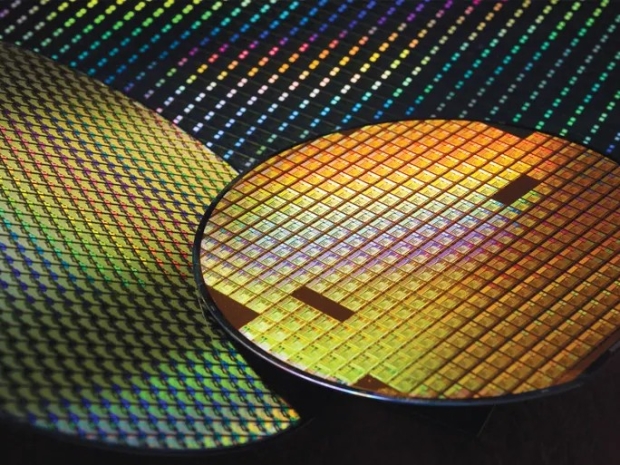According to Chosun, Qualcomm and MediaTek, who already wince at the bills for TSMC’s existing 3nm process, are reportedly grumbling loudly enough for Samsung to hear.
Qualcomm, whose profit margins are taking a good kicking from TSMC’s rising prices, is now said to be weighing its options, with Samsung Electronics emerging as a potential second source for next-generation Snapdragon chips. MediaTek, meanwhile, is expected to swallow about a 24 per cent rise in its chip costs thanks to TSMC’s latest price shuffle.
The price spike is not confined to the upcoming 2nm process. TSMC’s current 3nm (N3P) production line has already led to a 16 per cent hike in costs for Qualcomm’s mobile application processors. The once-golden partnership between the fabless giants and their Taiwanese supplier is starting to look a bit strained.
Qualcomm boss Cristiano Amon did not name names but made his frustration fairly clear, saying the company was keeping “as many options as possible” open for its contract manufacturing.
He added that Intel which has just started mass production on its 18A process, “is not an option at this point.” That leaves Samsung Electronics as the only serious alternative in the sub-3nm club.
TSMC's Arizona adventure is proving expensive. The company’s US fab, set up to satisfy the Trump-era “Made in America” crusade, is reportedly bogged down with staffing issues and equipment hiccups. Insiders whisper that production costs there could be up to 50 per cent higher than back home in Taiwan, wiping out one of TSMC’s traditional cost advantages.
Samsung might just have the edge in dealing with Uncle Sam’s expensive backyard. The company’s long-running operations in Texas, nearly two decades of it, have given it local know-how, smoother logistics and less drama with suppliers. A Samsung insider claims the firm is better prepared for the US market thanks to long-standing ties with companies like GlobalFoundries.
Even Samsung’s Texas-based Taylor plant, though pricier to run than its Hwaseong or Pyeongtaek sites, is expected to face fewer teething troubles than TSMC’s Arizona mess.
If TSMC cannot tame its costs, Samsung might finally get the break it has been waiting for after its stumbles with 3nm, and Qualcomm could find that a little diversification goes a long way when your main supplier starts acting like a monopolist.




